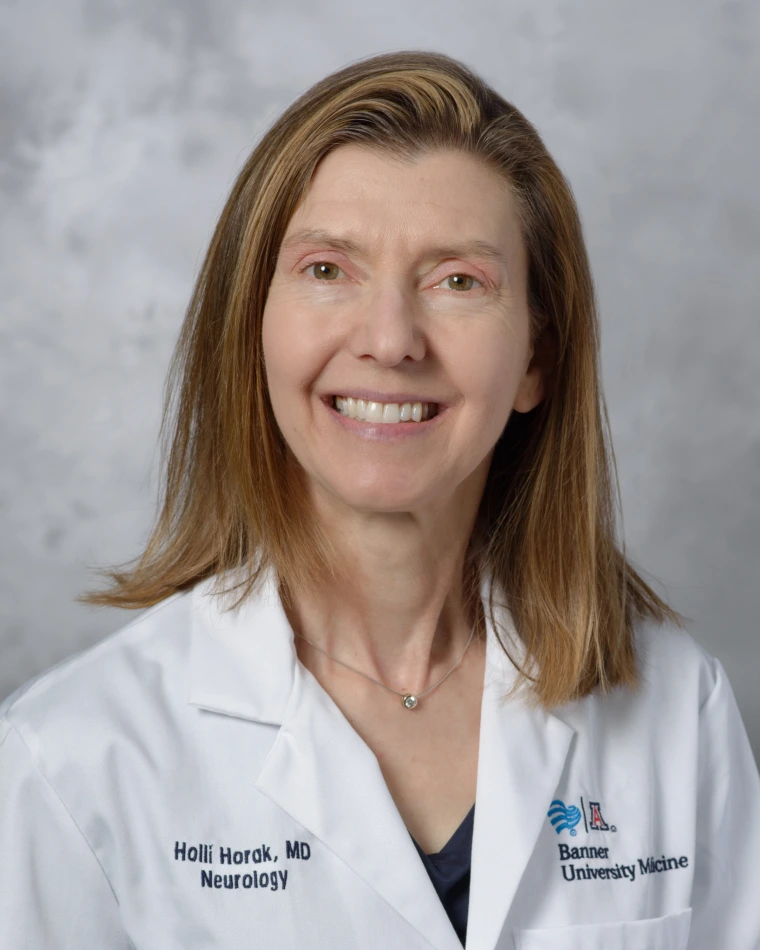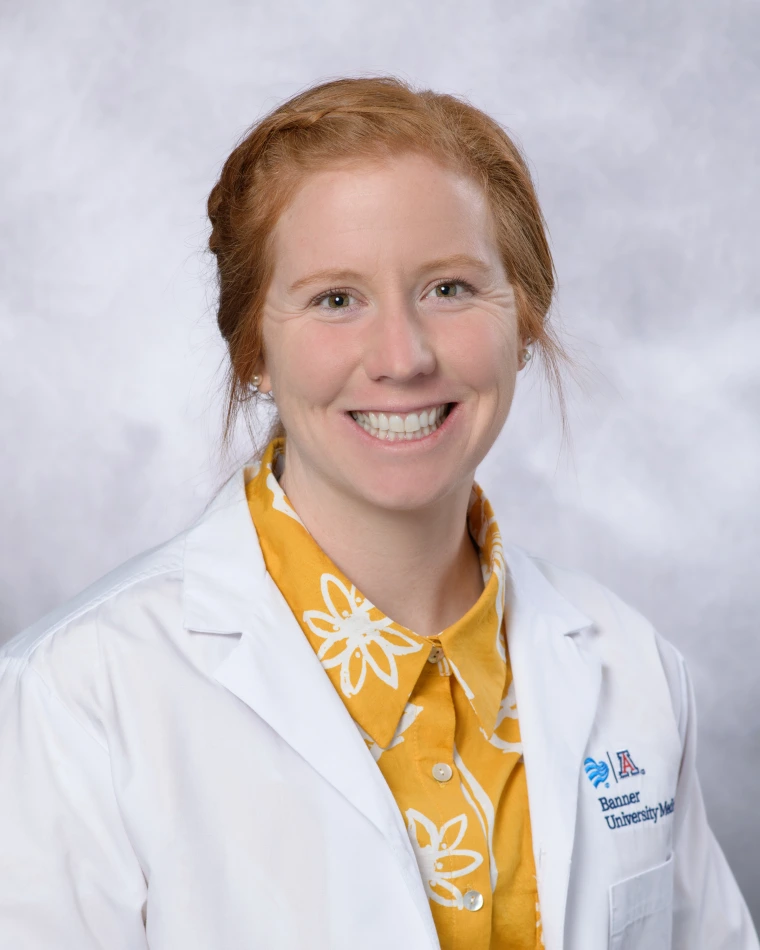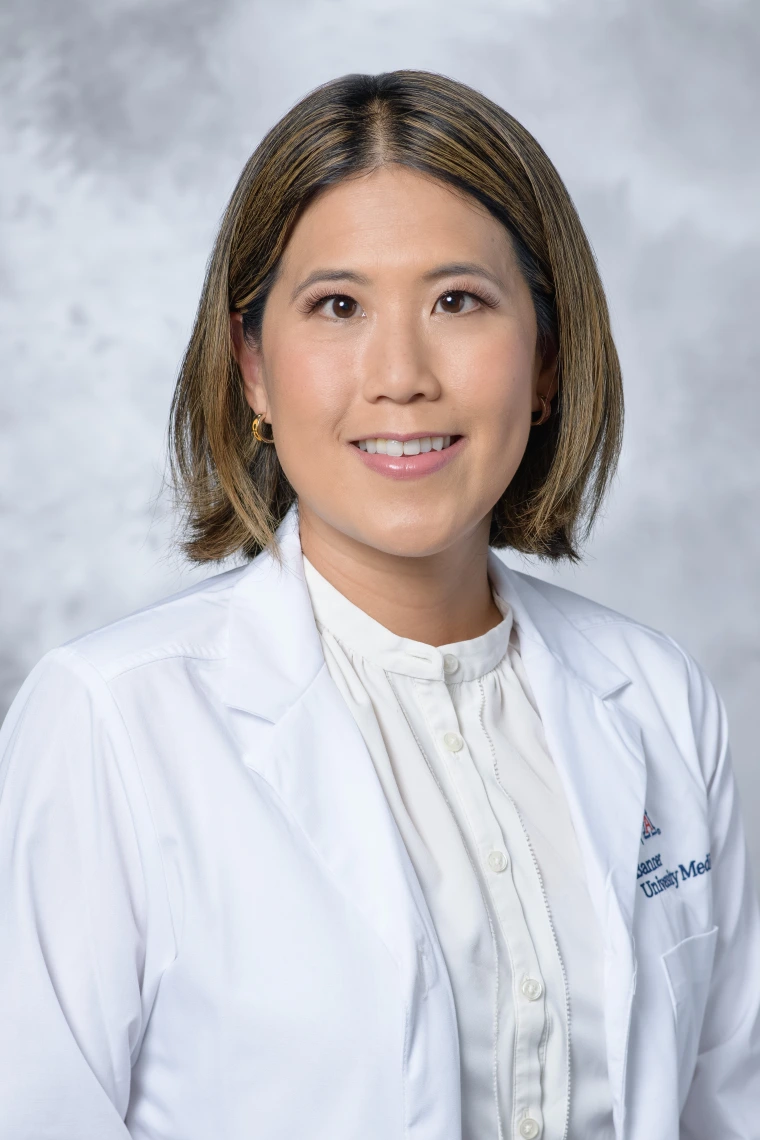Neurology
Neuromuscular Medicine & Physiatry
Our division is dedicated to enhancing the lives of individuals affected by diseases of the peripheral nervous system, neuromuscular junction and skeletal muscle, as well as those with functional impairments resulting from neurologic and musculoskeletal conditions.
Research
The division is actively engaged in clinical research designed to improve diagnostic accuracy, therapeutic interventions and care delivery for patients with neuromuscular disorders and rehabilitation needs. Our faculty lead initiatives focused on real-world, patient-centered research that informs daily clinical decision-making and contributes to the evidence base in neuromuscular medicine. Areas of investigation include quality improvement in electrodiagnostic testing, patient-reported outcome tracking, integration of ultrasound in neuromuscular diagnosis, and rehabilitation outcomes following neurologic injury. Additionally, our division is involved in clinical trials for neuromuscular disorders such as myasthenia gravis, CDIP and ALS.
Education
Education is a core pillar of the Division of Neuromuscular Medicine & Physiatry. Our faculty provide structured training to medical students, neurology residents and fellows in both neuromuscular medicine and clinical neurophysiology. Trainees gain expertise in the clinical evaluation of neuromuscular disorders and hands-on experience with EMG, NCS and neuromuscular ultrasound under the guidance of board-certified specialists and in alignment with American Association of Neuromuscular & Electrodiagnostic Medicine (AANEM) standards.
We also provide specialized training in physiatric principles, including functional assessment, spasticity management and rehabilitation planning for neurologic conditions. Residents and fellows learn to coordinate care with physical, occupational and speech therapists, and to manage complex disability, mobility and assistive technology needs in both acute and outpatient settings.
Our division contributes to didactic teaching, interdisciplinary case conferences and simulation-based learning, fostering a rich academic environment that prepares trainees for subspecialty practice and academic leadership. Through this educational mission, we ensure that future clinicians are not only technically skilled but also holistic, function-focused and patient-centered in their approach to care.
Division Chief





